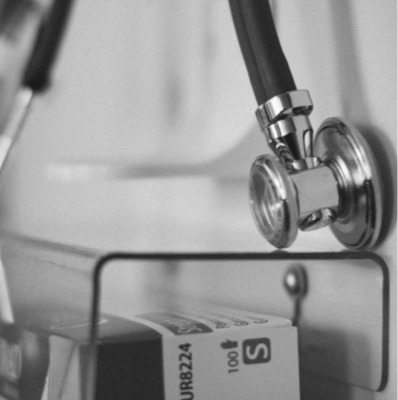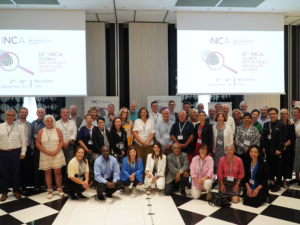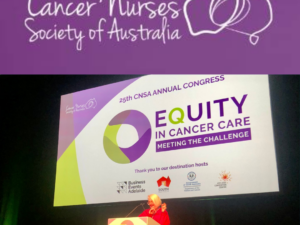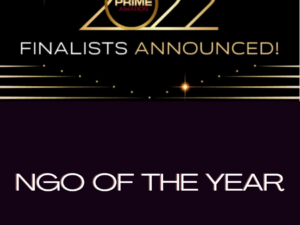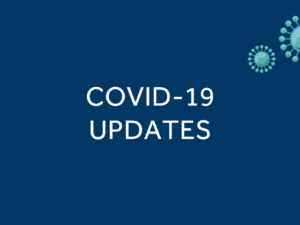After the November meeting the PBAC rejected the submission for listing of Lanreotide for non functional GEP NETs.
According to the PBAC "Subsequent decisions not to recommend" document, The PBAC did not recommend the listing of lanreotide for the treatment of non-functional GEP NETs on the basis of unfavourable and uncertain cost-effectiveness at the price proposed by the sponsor.
The Unicorn Foundation CEO Simone Leyden and patient Peter McMenamin had the opportunity to present the patient case for Lanreotide at a consumer hearing to the PBAC on November 1 in Brisbane, we are very grateful to Peter who did an outstanding job representing NET Cancer patients and telling about his experience on the drug and how it was effective for him.
According to the above mentioned document, The PBAC acknowledged and welcomed the many consumer comments received from people living with non-functional GEP-NETs and the input from the Unicorn Foundation. In addition, representatives of the PBAC met with the Unicorn Foundation prior to the PBAC meeting to discuss the clinical place, benefits and side effects of lanreotide for the requested patient population. The Committee recognised the strong support for subsidised access to lanreotide for this condition.
According to IPSEN the drug sponsor Whilst Ipsen is disappointed with the decision, we remain committed to working with PBAC to ensure this important indication is made available to Australian patients with GEP-NETs.
We are also committed to ensuring that NET Cancer patients can access drugs that are considered standard care and will keep you updated on any progress.
To view the full document please see below.




